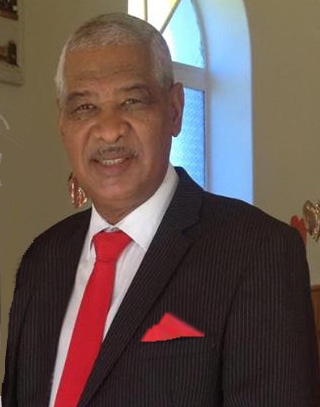The Demographic Challenge in the Cape and Boland Conferences
By Rev. Clive Pillay, 15thEpiscopal District TCR Field Representative
Before any comments can be made on the establishment of the two new presiding elder districts in the Cape, it is important to understand the demographics. Cape Town is one of the most multi-cultural cities in the world and is a major destination for expatriates and immigrants. Apartheid in South Africa is still felt in Cape Town.
Apartheid in the city designated the African population based on tribe, allocating every person to one of nine tribes. The racial category of “coloured” (this reference will be used in this article for obvious reasons) is very contentious in the country and it is often a way to lump together the rest of the population that does not fit into one of the nine tribes or identities. The coloured population is mostly concentrated in the Western Cape and many are descended from slaves brought to work on farms in the area during the 17th century.
The share of coloured people in the Western Cape fell from 54% in 2001 to 49.6% in 2011 while the white population dropped from 18.4% to 16%. The black population increased from 26.7% to 33.4%, while the Indian population grew slightly to 1.1%.
The Western Cape is the only one of the nine Provinces in South Africa under rule or leadership of a White-party, mainly due to the result of the coloured vote. Most of the attitude of coloured people reflects their thinking: “I am either Black or white.”
Judging by the demographic result of the vote, they would rather side with white rule. It reflects an attitude of looking down on their Black brothers and sisters.
It is against this background that Bishop David R. Daniels is trying his utmost best to uplift the poorest of the poor and the most underprivileged and disadvantaged by creating two districts to better serve the Black population of Western Cape: Charlotte Maxeke District in the Boland Annual Conference (Presiding Elder Sydney Mtamo) and the MM Mokone District in the Cape Annual Conference (Presiding Elder Bongani Jantjies).
I attended the Cape Conference and viewed the debate where many persons were livid with accusations of bringing back apartheid instead of “seeing the wood for the trees.” In the present situation, it was clear that there was no change of Black leaders being advanced as presiding elders in the Cape and Boland Annual Conferences. For years, the status quo has been the same. Now with the initiative shown by Bishop Daniels, the situation has been changed (maybe much to the frustration of some leaders in the Cape but a necessary move long time in coming). I believe congratulations are in order to Bishop Daniels.





